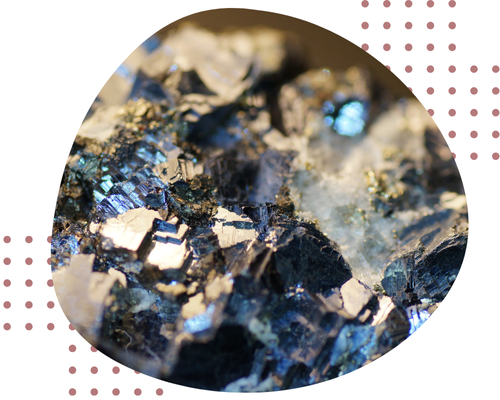
What Are Rare Metals and Minerals?
Rare metals are elements that occur in low concentrations in the Earth’s crust, making them challenging to mine and refine. Rare minerals are naturally occurring compounds that serve as primary sources for extracting these metals. These materials exhibit exceptional properties, enabling cutting-edge applications across various industries.
Examples of Rare Metals
Minor Metals
Antimony, bismuth, cadmium, and selenium are often by-products of base metal mining.
Precious Metals
Platinum group metals (PGMs) like palladium, rhodium, and iridium are known for their catalytic and corrosion-resistant properties.
Rare Earth Elements (REEs)
Lanthanides like neodymium and ytterbium, essential for electronics, magnets, and green technologies.
Strategic Metals
Lithium, cobalt, and nickel are crucial for batteries and renewable energy solutions.
Examples of Rare Minerals
Monazite and Bastnaesite
Sources of rare earth elements.
Stibnite
A key source of antimony.
Cobaltite and Pentlandite
Contain cobalt and nickel for battery technologies.
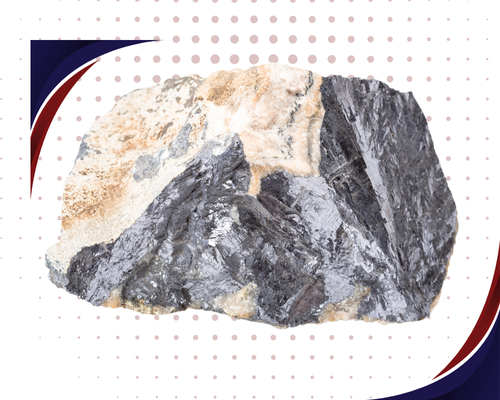
Iridium: A Rare Metal with Unique and Rare Phenomena
Iridium is particularly remarkable among rare metals for its rarity and unique phenomena. As one of the densest elements, it exhibits exceptional properties:
- Corrosion Resistance: Iridium resists oxidation and degradation, even at high temperatures, making it ideal for harsh environments such as space exploration and chemical processing.
- Heat Resistance: With a melting point of 2,446°C (4,435°F), it withstands extreme thermal conditions.
- Catalytic Activity: Iridium serves as a vital catalyst in fuel cells and hydrogenation reactions for renewable energy.
- Meteoric Significance: Found in high concentrations in the rock layer linked to the Cretaceous-Paleogene extinction, iridium provides evidence of cosmic events like asteroid impacts.
- Photophysical Phenomena: Iridium compounds exhibit unique properties used in OLEDs and other optoelectronic technologies.
Applications of Iridium
- Aerospace: Iridium components are used in spacecraft, spark plugs, and electrical contacts.
- Energy: Electrodes in proton exchange membrane (PEM) electrolyzers for hydrogen production.
- Healthcare: The radioactive isotope Iridium-192 is used in cancer treatments.
- Luxury Goods: High-end jewellery and platinum-iridium alloys for precision instruments.
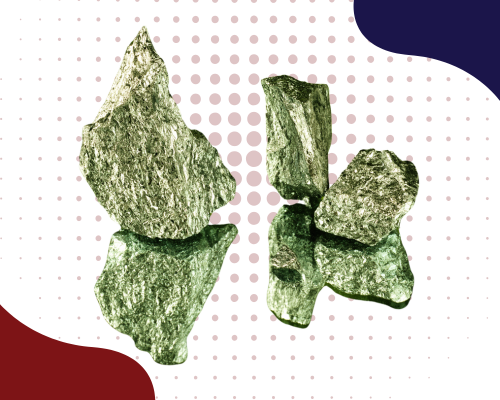
Applications of Rare Metals and Minerals
Rare metals and minerals power industries ranging from technology to healthcare:
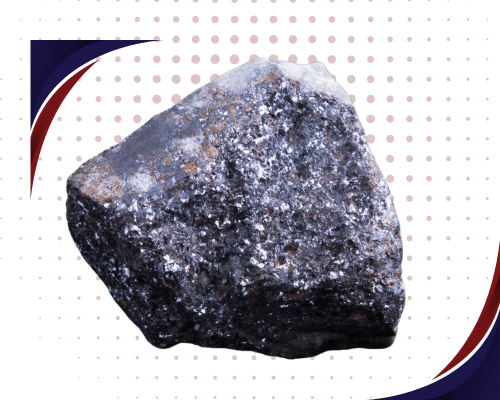
Technology and Electronics:
- Rare earth elements in smartphones, laptops, and semiconductors.
- Gallium and indium in LED and display technologies.
Energy and Renewables:
- Lithium, cobalt, and nickel in rechargeable batteries for electric vehicles.
- Rare earth magnets in wind turbines and hybrid cars.
Aerospace and Defense:
- Titanium, niobium, and tantalum in high-strength alloys.
- PGMs in military-grade electronics and advanced sensors.
Catalysis and Chemical Industry:
- Palladium and rhodium in catalytic converters for emission control.
- Bismuth is a lead-free alternative in various chemical processes.
Healthcare and Medicine:
- Platinum in cancer therapies and medical devices.
- Tantalum in surgical implants due to its biocompatibility.
Challenges and Sustainability
Despite their significance, rare metals and minerals face challenges:
- Scarcity and Geopolitics: Limited reserves and uneven geographical distribution can disrupt supply chains.
- Environmental Concerns: Mining and refining processes can harm ecosystems without sustainable practices.
- Complex Extraction: Many rare metals are by-products of base metal mining, requiring advanced recovery techniques.
Recycling initiatives and innovative extraction technologies are being developed to address these challenges, ensuring long-term availability and sustainability.
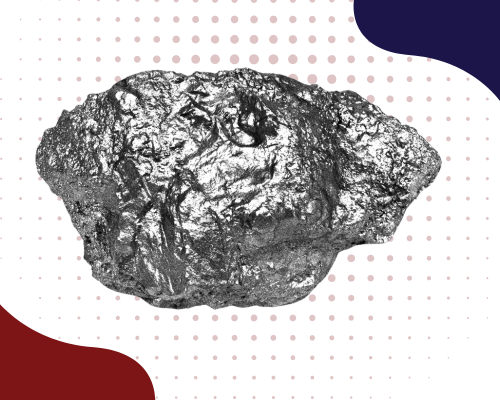
The Role of Infinite Metals and Mineral Inc. (IMM)
At Infinite Metals and Mineral Inc. (IMM), we specialize in the appraisal, procurement, and secure transitions of rare metals and minerals, including those exhibiting unique phenomena like iridium. Through services such as Materials Transfer Agreements (MTA) and Technology Transfer Agreements (TTA), we ensure the seamless and sustainable integration of these resources into industrial applications.
IMM is committed to advancing knowledge, innovation, and responsible practices in the rare metals sector, supporting industries worldwide in unlocking the potential of these extraordinary materials.

